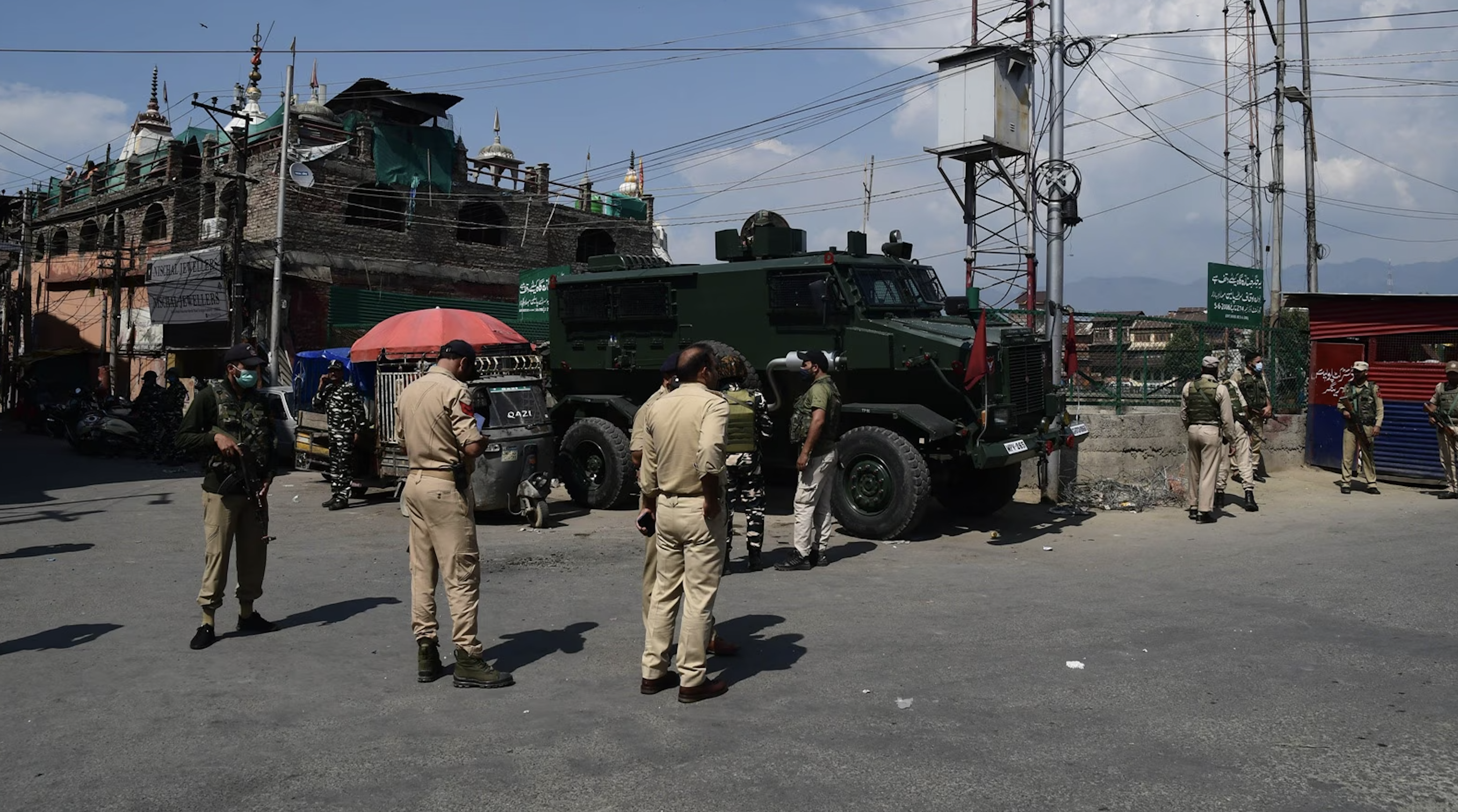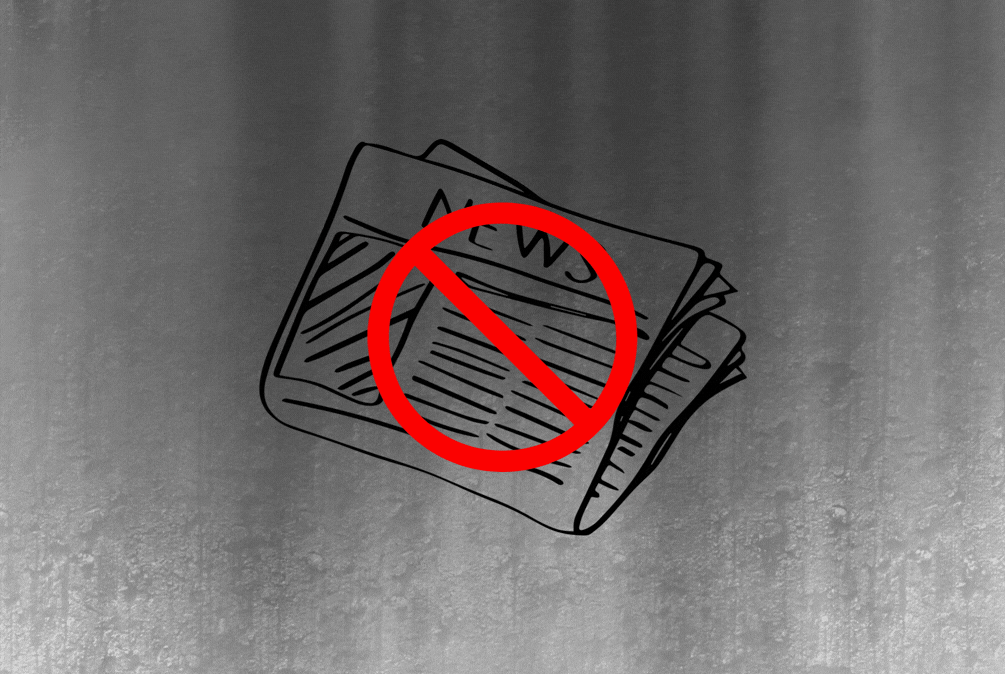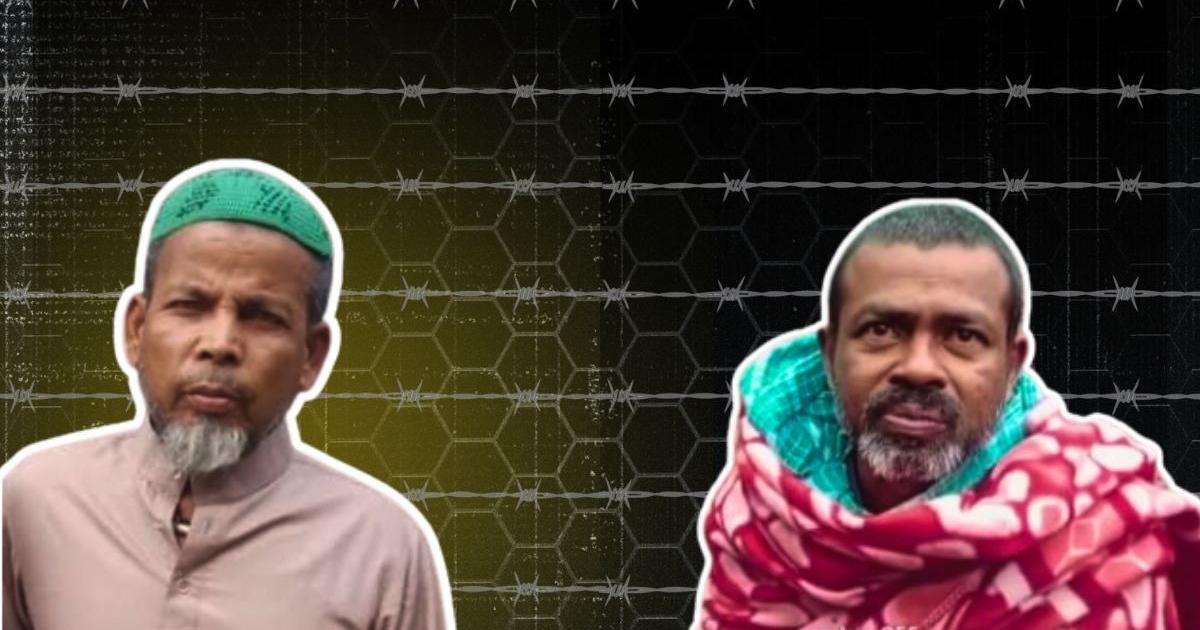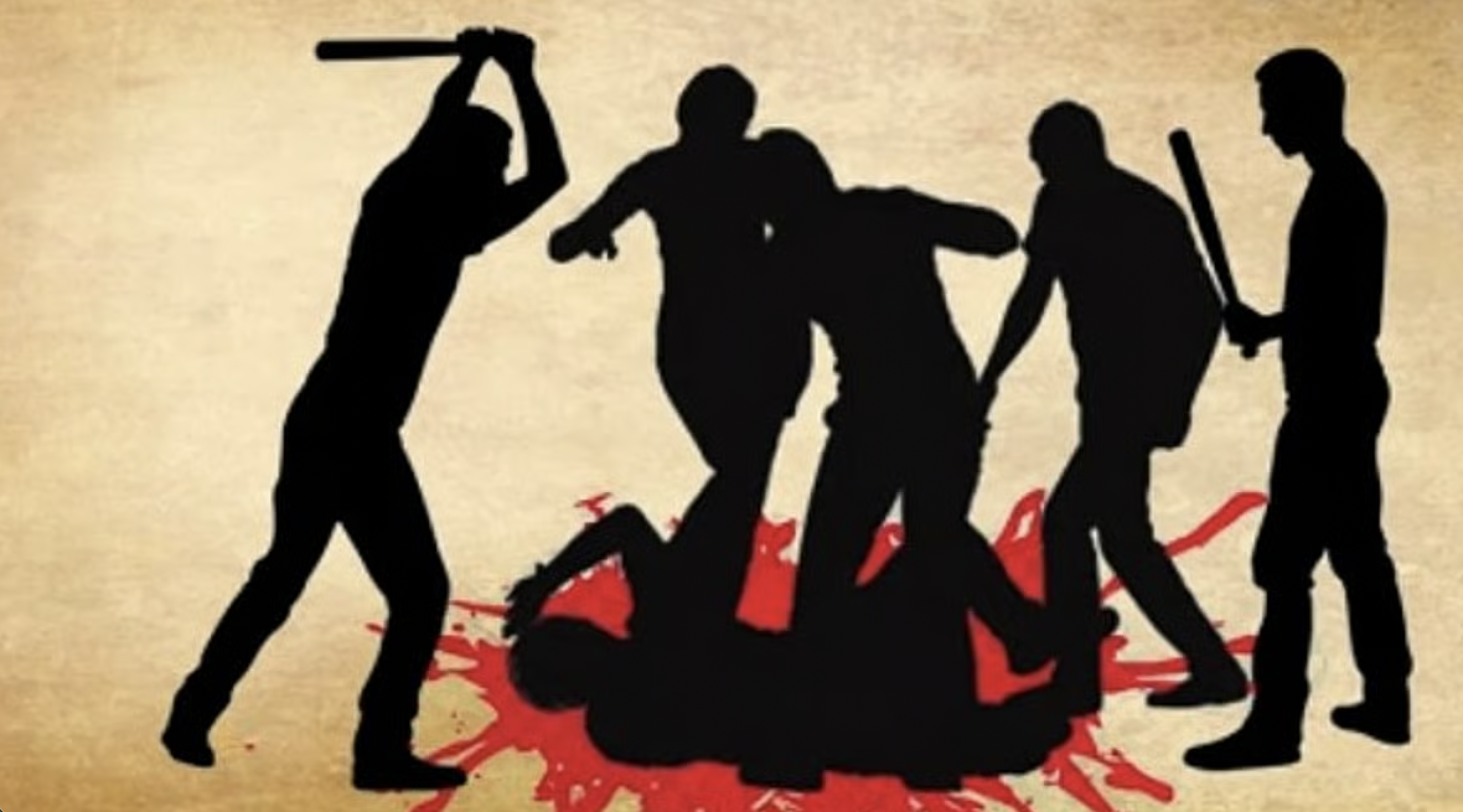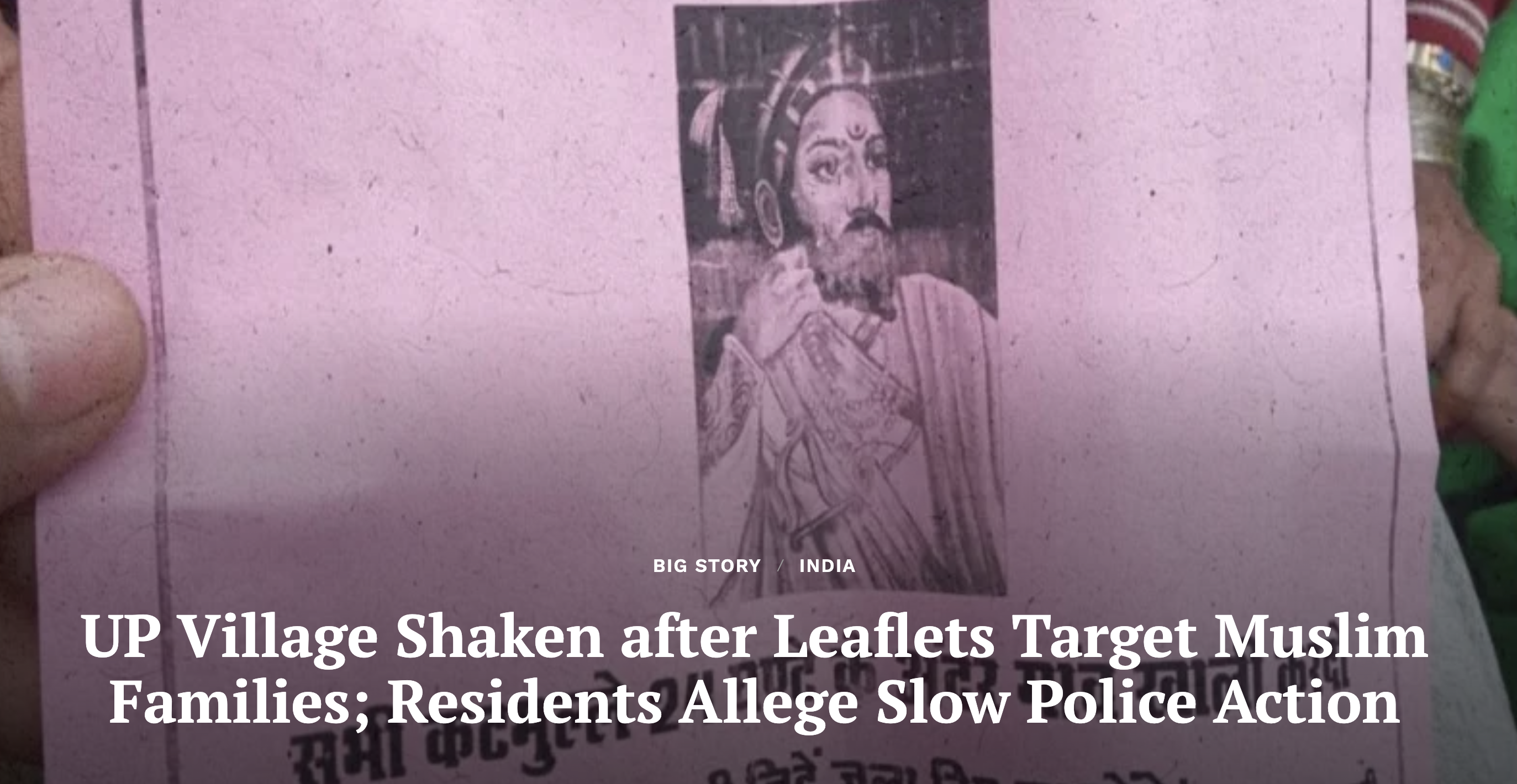
The recent BBC documentary on the Gujarat anti-Muslim violence of 2002 and Narendra Modi revealed two important and unknown facts. First, in 2002 the British High Commission in Delhi carried out an inquiry in Gujarat, and on the basis of that inquiry, it submitted a report to the British foreign office in London. That report said, “Narendra Modi is directly responsible”. The second important fact revealed by the BBC is that Jack Straw, who was the British foreign secretary at the time, was deeply concerned about what he was hearing from his diplomats about Modi and the violence. In a video interview published by The Wire on January 21, 2023, Karan Thapar spoke to Straw about the report, why it was conducted and if he conveyed his concerns to the Indian government, led at the time by A.B. Vajpayee. The following is a transcript of the interview, edited lightly for style, clarity and syntax.
Joining me now from Britain is Jack Straw to talk about that foreign office report and also to talk about his concerns in 2002 when he was British foreign secretary. Mr Straw, let me start with what the foreign office report reveals, according to the BBC documentary, before I come to your thoughts and concerns in 2002, when you were foreign secretary.
First of all the BBC says the report said that the extent of the violence was “much greater than reported”. More importantly, the report said this was a “systematic campaign of violence” and it had all the “hallmarks of ethnic cleansing”. How did you respond when you heard that your own diplomats believed ethnic cleansing was happening in Gujarat under Narendra Modi’s chief ministership?
Well, I have long been very familiar with the history of India and Independence in 1947 and the communal violence which then took place. And indeed, I was in India – amongst many other visits – in 1992, when there was a demonstration against the Ayodhya mosque that led to communal riots. We were caught up in it, sitting in a vehicle as the police and rioters in Mumbai were throwing rocks at each other. So, I’m familiar with some of the background.
When this [Gujarat violence] happened, of course, the first concern that all of us had was for the 58 Hindu victims of the fire on the train which was actually coming from Ayodhya and of their families. Of course, we were very concerned about that. But very quickly after that, I mean that appears to have been an accident – but no one’s quite sure, it may be arson. But very quickly after that, there were suggestions that it was arson, that this was all got up by Muslim extremists and then that was a kind of trigger for communal violence. And certainly, there were a lot of reports of the police being unwilling to get involved in sorting out intra-communal violence which was taking place, really, across the state of Gujarat, until it was too late.
This story was originally published in thewire.in . Read the full story here


